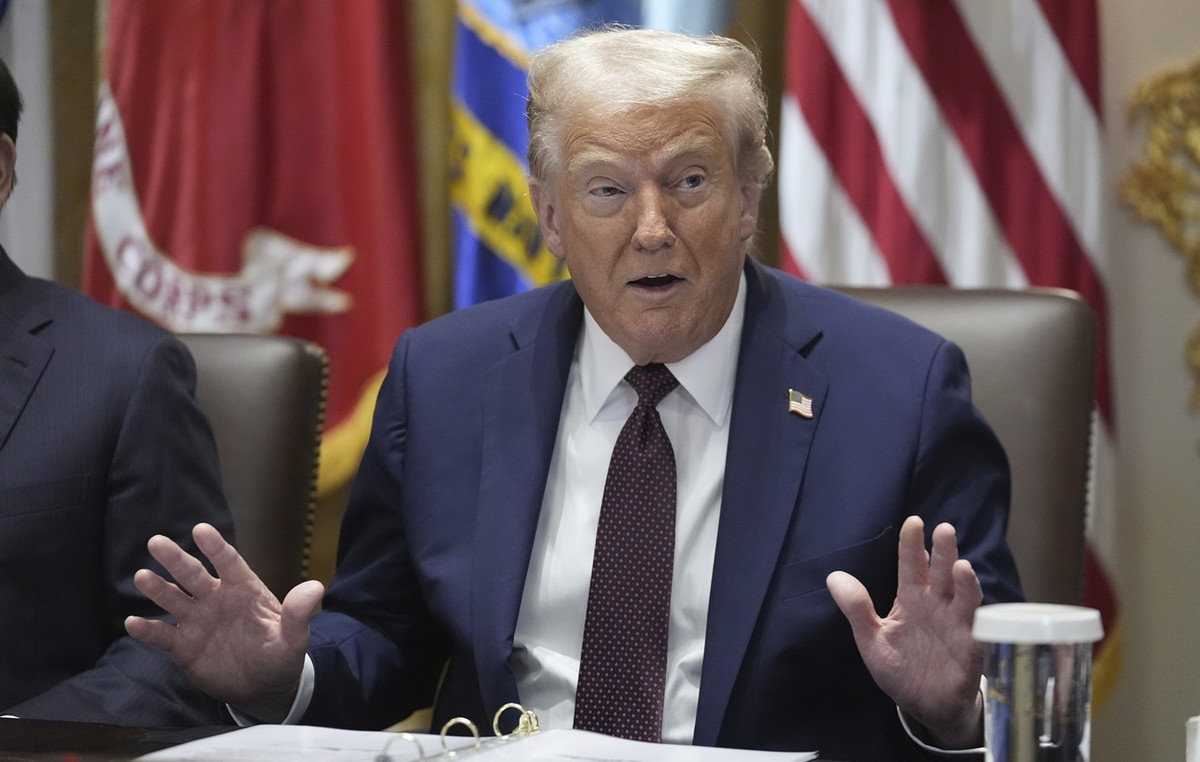- The British Pound falls after the UK S&P Global PMI data, which turned out to be vulnerable.
- The UK economy remains vulnerable due to rising mortgage rates.
- Policy makers at the Bank of England warned of rising corporate default risks due to rising borrowing costs.
The British Pound (GBP) is facing an intense sell-off after S&P Global reported vulnerable preliminary PMI data for August. The GBP/USD pair fell vertically as the UK Manufacturing PMI fell significantly to 42.5 from estimates of 45.0 and the previous release of 45.3. This has been the lowest figure in manufacturing data since the pandemic period, demonstrating the consequences of the Bank of England (BoE) raising interest rates. In addition, the services PMI entered a contraction phase below the threshold of 50.0 points. The economic data stood at 48.7, below the estimates of 50.8 and the reading of 51.3 for July.
Officials at the Bank of England warned of increased corporate default risk due to weak debt service coverage ratio. Small and medium-sized businesses in the UK are struggling to meet their interest payment obligations in the face of rising borrowing costs and a bleak economic outlook. Meanwhile, the decline in wage increases in the quarter ending in July, after six straight quarters of strength, is somewhat reassuring to Bank of England policymakers.
Daily summary of the movements in the markets: the Pound falls back after the bad data of the British PMI
- Sterling broke across the board and moved closer to 1.2630 after S&P Global reported weaker-than-expected August PMI data.
- The UK Manufacturing PMI fell significantly to 42.5 from estimates of 45.0 and the previous release of 45.3. This has been the lowest figure in manufacturing data since the pandemic period. In addition, the services PMI entered a contraction phase below the threshold of 50.0 points. The economic data stood at 48.7, below the estimates of 50.8 and the reading of 51.3 for July.
- UK economic activities have faced the wrath of the Bank of England’s aggressive rate tightening cycle.
- Report from the Confederation of British Industries (CBI) showed that the net balance of production for the three months to August fell to -19 from +3 in July. This is the lowest reading since September 2020. The net balance shows the difference between factories reporting increased production and those forecasting a decline.
- The Bank of England warned of significant upside risks from corporate defaults in a context of rising interest rates. A BoE survey shows that the share of UK non-financial companies experiencing a weak debt service coverage ratio will rise to 50% by the end of the year, from 45% last year.
- Increased corporate default risk will raise the NPL costs of UK commercial banks, which will reduce their asset quality.
- The UK Chambers of Commerce noted, in connection with rising corporate default risks, that rising borrowing costs are putting significant pressure on many small businesses, which, after three years of economic shocks, are unable to absorb the increments.
- Increased stress on corporate debt servicing for most companies will raise the risk of recession in the UK economy.
- The compensation awarded by British employers cooled for the first time in the last seven quarters. XpertHR reported that the median base salary agreement for the three months through July fell to 5.7% from a record 6%.
- The pay cut will take the pressure off Bank of England officials who believe strong wage growth has kept inflation going.
- Debates over the reshuffle of the British cabinet continued to rage this weekend. Reuters reported that Prime Minister Sunak is considering focusing on replacing ministers who have already signaled their desire to resign, such as former Defense Secretary Ben Wallace.
- The mood in the markets is extremely calm as investors await the Jackson Hole Symposium for further action.
- The Dollar Index (DXY) is gathering strength to rally above the immediate resistance at 103.70. Resilient consumer spending and labor market tightness could keep remaining excess inflation extremely persistent.
- Richmond Federal Reserve (Fed) President Thomas Barkin said Tuesday that if inflation stays high and demand shows no signs, it is likely to decline. Such an environment would call for a more restrictive monetary policy. The Fed’s Barkin expects the recessionary situation to be “less dire.”
- Fed Chairman Jerome Powell’s speech in Jackson Hole is expected to be aggressive. The Fed is expected to keep interest rates higher for longer. Prospects for an interest rate hike will be more data dependent.
Technical Analysis: British Pound exposed to 1.2600
The British pound falls sharply after the vulnerable PMI data. The Pound is exposed to a breakout of the consolidation formed in the 1.2700-1.2800 range in the last seven trading sessions. The 20 and 50 day EMAs have straightened out, showing a sideways trend.
Source: Fx Street
I am Joshua Winder, a senior-level journalist and editor at World Stock Market. I specialize in covering news related to the stock market and economic trends. With more than 8 years of experience in this field, I have become an expert in financial reporting.







